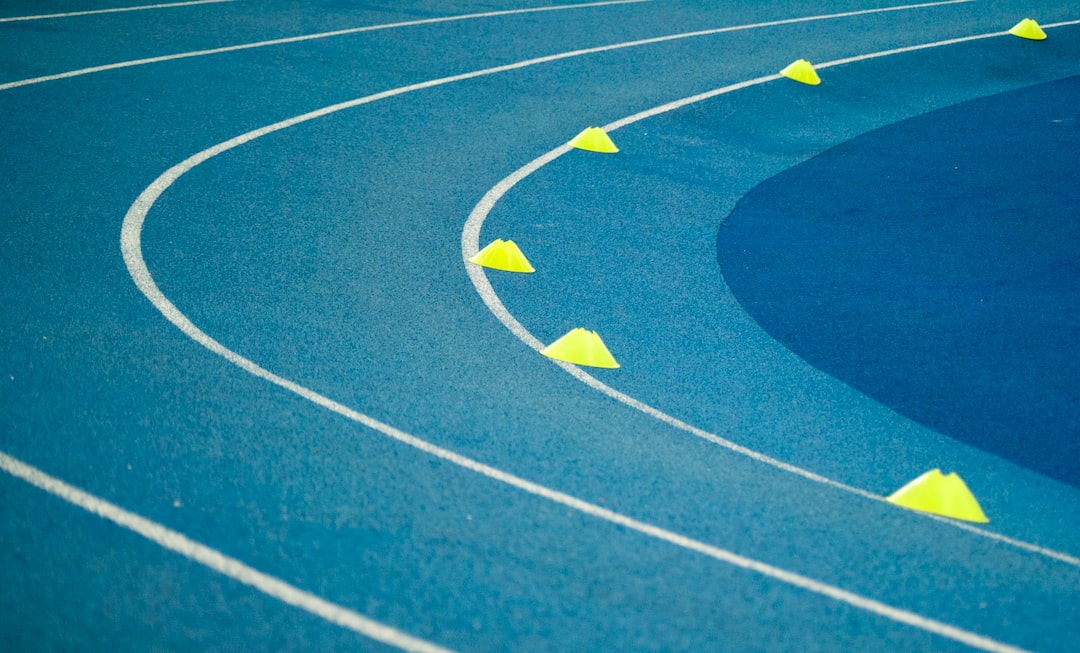The role of nutrition and diet in optimizing sports performance
Sports performance is not solely dependent on training and physical abilities. A well-balanced and nutritious diet plays a crucial role in optimizing an athlete’s performance and achieving peak results. The right nutrition not only provides the necessary fuel for the body but also aids in recovery, prevents injuries, and enhances overall well-being.
Energy is paramount for athletes as they engage in intense physical activities. Carbohydrates are the primary source of energy for the body, as they are efficiently converted into glucose. Including healthy carbohydrates in an athlete’s diet ensures that their energy levels are adequately sustained during training and competitions. Whole grains, fruits, and vegetables are excellent sources of complex carbohydrates that provide sustained energy release. Additionally, simple carbohydrates like fruit juices can be consumed before and during long and intense sessions for immediate energy replenishment.
Protein is another essential component for athletes as it aids in muscle repair and development. During strenuous exercise, muscle fibers break down and need to be repaired. Consuming an adequate amount of protein, whether from lean meats, dairy products, or plant-based sources like legumes and tofu, helps in muscle recovery and growth. It is recommended for athletes to consume about 1.2 to 2 grams of protein per kilogram of body weight per day to meet their needs.
Fat often gets a bad reputation, but it is a vital macronutrient for athletes. It acts as a secondary source of energy, especially during low-intensity exercises. Unsaturated fats, found in foods like avocados, nuts, and oily fish, are the healthier options as they provide essential Omega-3 fatty acids that aid in reducing inflammation and enhancing recovery. However, it is crucial to moderate fat intake, as excessive consumption can result in weight gain and hinder performance.
Hydration is paramount before, during, and after physical activity. Dehydration negatively affects an athlete’s performance, leading to fatigue, muscle cramps, and decreased focus. Water is the best option for hydration, and athletes should aim to drink enough to replenish the fluids lost during exercise. For intense or prolonged activities, sports drinks can be beneficial in replacing electrolytes and carbohydrates lost through sweating.
Micronutrients, including vitamins and minerals, are crucial for optimal sports performance. Antioxidant vitamins like vitamin C and E aid in recovery by reducing muscle damage caused by free radicals. Calcium and vitamin D are vital for bone health, preventing injuries like stress fractures. Iron is necessary for the production of red blood cells, allowing sufficient oxygen delivery to working muscles. Fruits, vegetables, whole grains, and lean meats supply an array of micronutrients. However, if an athlete’s diet is restricted or lacks variety, supplementation may be necessary after consulting with a qualified nutritionist or dietitian.
Timing and portion control are crucial in optimizing sports performance. Consuming a well-balanced meal or snack two to four hours before exercise ensures adequate fuel availability. Post-workout nutrition within 30 minutes to two hours after exercise is essential to replenish glycogen stores and kickstart muscle recovery. Including protein and carbohydrates in a 3:1 ratio is beneficial for muscle repair and growth.
In conclusion, nutrition and diet play a vital role in optimizing sports performance. A well-balanced diet that meets an athlete’s energy, macronutrient, and micronutrient needs is crucial for sustained energy, muscle repair, recovery, and overall well-being. Adequate hydration and proper timing of meals and snacks further enhance an athlete’s performance. By paying attention to their nutrition and diet, athletes can maximize their potential and achieve peak results on and off the field.

